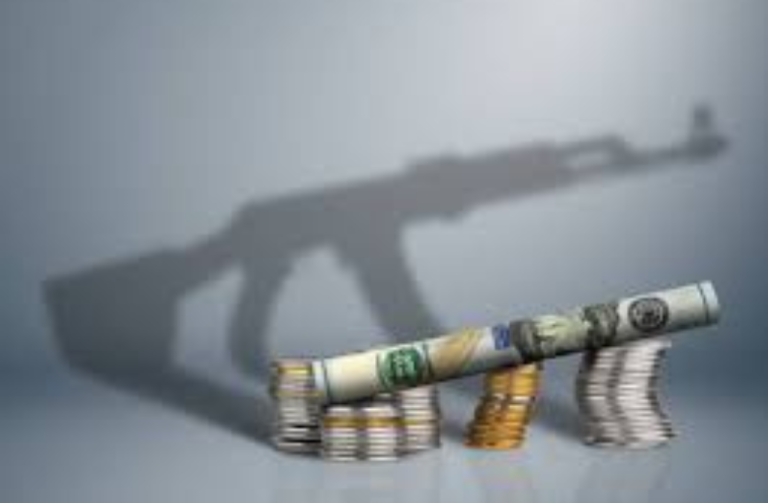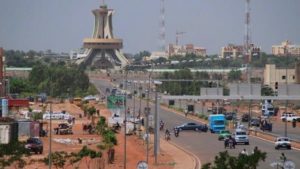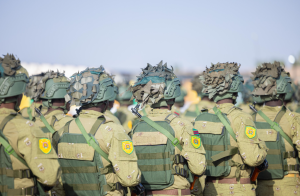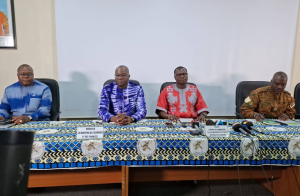Togo GIABA: Towards a common sustainable financing strategy for the anti-money laundering mechanism

The Inter-Governmental Action Group against Money Laundering in West Africa (GIABA) continued its advocacy this week in Lomé, targeting parliamentarians from ECOWAS gathered for a two-day seminar. The discussions focused on the urgent need to secure sustainable funding for the institution, whose resources are weakened by delayed state contributions and a decline in available financing.
Following a meeting with the Committee on Administration and Finance earlier in the week, the organization emphasized the essential role of parliaments in preventing financial crime and ensuring the rigorous management of public finances.
The seminar aimed to strengthen the mobilization of budgetary resources while consolidating mechanisms for transparency and oversight.
Also: Togo launches ambitious green rebirth with missahohé forest restoration plan
The opening ceremony, held in the Togolese capital, underscored the importance of placing the fight against money laundering and terrorist financing at the heart of regional priorities.
The proceedings highlighted that parliamentary committees, through their role in scrutinizing and evaluating budgets, serve as a decisive bulwark against financial abuse and illicit practices.
The debates shed light on the scale of losses Africa suffers each year due to illicit financial flows, estimated at tens of billions of dollars equivalent to several percentage points of GDP.
These diverted resources deprive countries of infrastructure, schools, and healthcare equipment, directly compromising development. Parliamentary oversight was thus presented as a national security imperative, capable of disrupting corruption networks and preserving the integrity of democratic systems.
These discussions come as GIABA prepares to launch a third round of mutual evaluations starting in 2026, which will be more demanding than previous ones. However, its success will depend on stable financial means.
The institution reiterated that insufficient funding would limit its assistance programs and its ability to monitor reform progress. The regional context adds to the urgency: some countries are recording progress in the anti-money laundering fight, while others are experiencing setbacks. Furthermore, the withdrawal of certain states from ECOWAS raises uncertainties about their participation in the regional mechanism.
At the conclusion of the two-day proceedings, a joint communiqué is set to be adopted, complete with recommendations and commitments.
But the central message remains clear: without common political will and sustainable financing, the region risks weakening its primary tool in the fight against economic and financial crime.
Kodjovi Makafui






